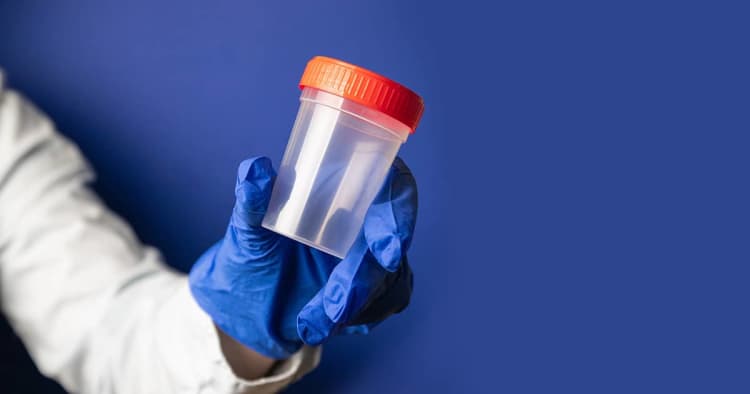STDs are sexually transmitted diseases. This means they are most often -- but not exclusively -- spread by sexual intercourse. STDs can include bacterial, viral and parasitic infection. Bacterial STDs include chlamydia, gonorrhoea, and syphilis. Viral STDs include HIV, genital herpes, genital warts (HPV), and hepatitis B. Trichomoniasis is caused by a parasite.
The germs that cause STDs hide in semen, blood, vaginal secretions, and sometimes saliva. Most of the organisms are spread by vaginal, anal, or oral sex, but some, such as those that cause genital herpes and genital warts, may be spread through skin contact. One can get hepatitis B by sharing personal items, such as toothbrushes or razors, with someone who has it.
STDs are spread predominantly by sexual contact, including vaginal, anal and oral sex. Some STDs can also be spread through non-sexual means such as via blood or blood products. Many STDs—including syphilis, hepatitis B, HIV, chlamydia, gonorrhoea, herpes, and HPV—can also be transmitted from mother to child during pregnancy and childbirth.
Contact with infected skin can also lead to STI transmission. Contact with toilets, however, will not do it. That is because most pathogens that cause STDs cannot live outside of the human body for very long without deteriorating. Once bacteria and viruses start to break down, they are no longer able to infect human beings. Many disease-causing organisms can survive for only a short time on the surface of the seat, and for an infection to occur, the germs would have to be transferred from the toilet seat to a person’s urethral or genital tract, or through a cut or sore on the buttocks or thighs, which is possible but very unlikely. The organisms for STDs do not usually survive when they fall off the human body. A toilet seat does not offer an environment for STDs to thrive, so it cannot survive there for more than 10 seconds. They much prefer the environment that warm human tissue and fluids create, not that of cold, hard toilet seats.
Because the herpes virus dies quickly outside of the body, it is nearly impossible to get the infection through contact with toilets, towels or other objects used by an infected person. The same goes for other STDs, like syphilis, HPV, HIV, and pubic lice, according to the Centers for Disease Control and Prevention.
A person can have an STD without having obvious symptoms of disease. Common symptoms of STDs include vaginal discharge, urethral discharge or burning in men, genital ulcers, and abdominal pain.





